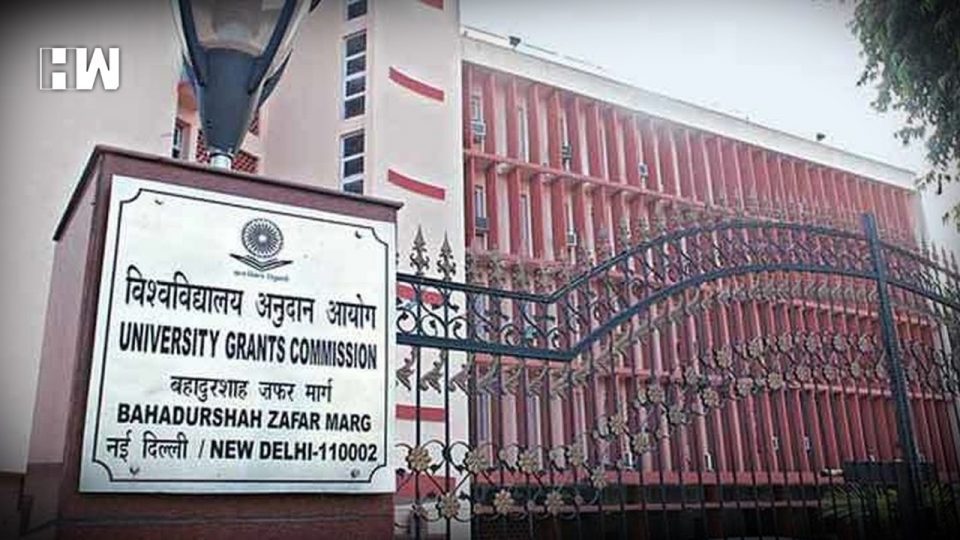New Delhi: The University Grants Commission has released a draft curriculum framework. This draft is for four-year undergraduate programmes. This will be implemented in all higher education institutions from the academic session 2022-23.
Under the National Education Policy (NEP) 2020, educational institutions will now offer 4-year undergraduate degrees with multiple exit and entry options. Several universities, including JNU and Delhi University, have already taken a call for approving this programme.
The UGC has sought suggestions from stakeholders on the draft framework by April 4.
The programme is divided into eight semesters. Students will require 160-176 credits for a four-year degree with honours/research.
According to the UGC draft document, students will study a set of “common” and “introductory” courses in natural sciences, humanities and social sciences during the first three semesters.
When the third semester ends, the students will have to declare a “major”. In addition, a student will have to chose two minors relating to a disciplinary or inter-disciplinary area of study.
Students will be given a certificate, after completing 1 year (2 semesters) of study in the chosen fields of study, a diploma after 2 years (4 semesters) of study, a bachelor’s degree after a 3-year (6 semesters) programme of study, a bachelor’s degree with honours or research after a 4-year programme.
Abha Dev Habib, an associate professor at DU’s Miranda House College said, 3 semesters on modules which will be common is an extremely faulty idea. He said, “The idea of spending 3 semesters on modules which will be common is an extremely faulty idea… After schooling, which ends with intense study of certain subjects, wasting time of students through diluted common modules diffuses the attention of students.”
As an independent media platform, we do not take advertisements from governments and corporate houses. It is you, our readers, who have supported us on our journey to do honest and unbiased journalism. Please contribute, so that we can continue to do the same in future.

